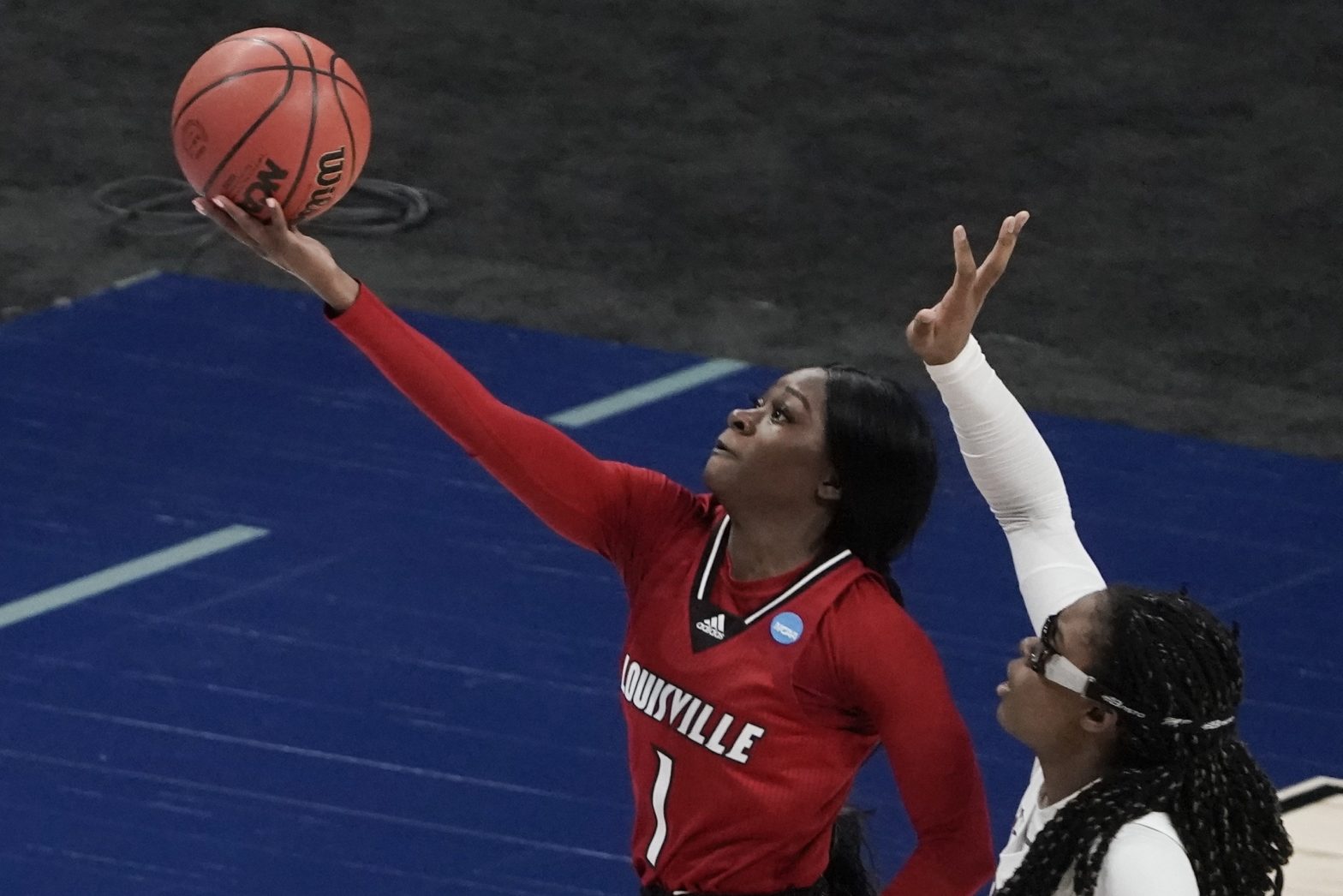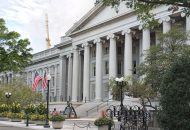Supreme Court Seems Ready to Back Payments to Student-Athletes

WASHINGTON — A majority of justices, representing both sides of the High Court’s ideological divide, appeared ready during oral arguments on Wednesday to allow college athletes to be compensated monetarily for their efforts.
In doing so, they also signaled they didn’t buy the NCAA’s argument that it should be allowed to bar payments to student-athletes in the name of amateurism.
Before the court Wednesday were a pair of consolidated cases that questioned whether the NCAA has violated federal antitrust laws by restricting what college athletes could be paid.
In May 2020, the 9th U.S. Circuit Court of Appeals held that it did when it came to the limits on compensation applied to Division I football and basketball players.
The former athletes who brought the case, including former West Virginia football player Shawne Alston, have said the NCAA’s rules are unfair and violate federal antitrust law designed to promote competition.
The outcome will help determine how college athletes are compensated and whether schools can offer tens of thousands of dollars in education benefits for things such as postgraduate scholarships, tutoring, study abroad opportunities and vocational school payments.
“Uncapping certain education-related benefits would preserve consumer demand for college athletics just as well as the challenged rules do,” Chief U.S. Circuit Judge Sidney Thomas wrote for a unanimous three-judge panel.
“Such benefits are easily distinguishable from professional salaries,” he wrote, as they are linked to education and could be provided in kind rather than in cash.
“The record furnishes ample support that the provision of education-related benefits has not and will not repel college sports fans,” Thomas wrote.
The decision allowed payments for things like musical instruments, scientific equipment, postgraduate scholarships, tutoring, study abroad, academic awards and internships. It did not permit the outright payment of salaries.
In urging the Supreme Court to hear an appeal, lawyers for the NCAA wrote the decision would transform student-athletes into professionals, eliminating the pro-competitive distinction between college and professional sports.
“Consumers will likely come to view NCAA athletics as just another form of minor league sports,” the group’s petition said.
Among those who seemed not to buy the NCAA’s argument on Wednesday were conservative Justices Brett Kavanaugh and Clarence Thomas, and the generally more liberal Justice Elena Kagan, whose questions focused, in part, on the enormous amount of money college sports generate.
Kavanaugh said in light of the billions of dollars in revenue college games generate each year, “the antitrust laws should not be a cover for the exploitation of the student-athletes.”
He told a lawyer for the NCAA that “it does seem … schools are conspiring with competitors … to pay no salaries for the workers who are making the schools billions of dollars on the theory that consumers want the schools to pay their workers nothing.”
Kavanaugh said that was “somewhat disturbing.”
And Thomas and Kagan sounded like flip sides of a philosophical coin, when Thomas questioned the size of coaches salaries and a time when, as Kagan noted, the NCAA had maintained athletes compensation “at extremely low levels.”
A ruling for the former players would not necessarily mean an immediate infusion of cash to current college athletes.
It would mean that the NCAA could not bar schools from sweetening their offers to Division I basketball and football athletes with additional education-related benefits. Individual athletic conferences could still set limits.
If the athletes were to win, there would be pressure on schools to offer additional benefits, and that could create bidding wars for the best players.
A decision in the case is expected before the end of June, when the Supreme Court traditionally breaks for summer.























